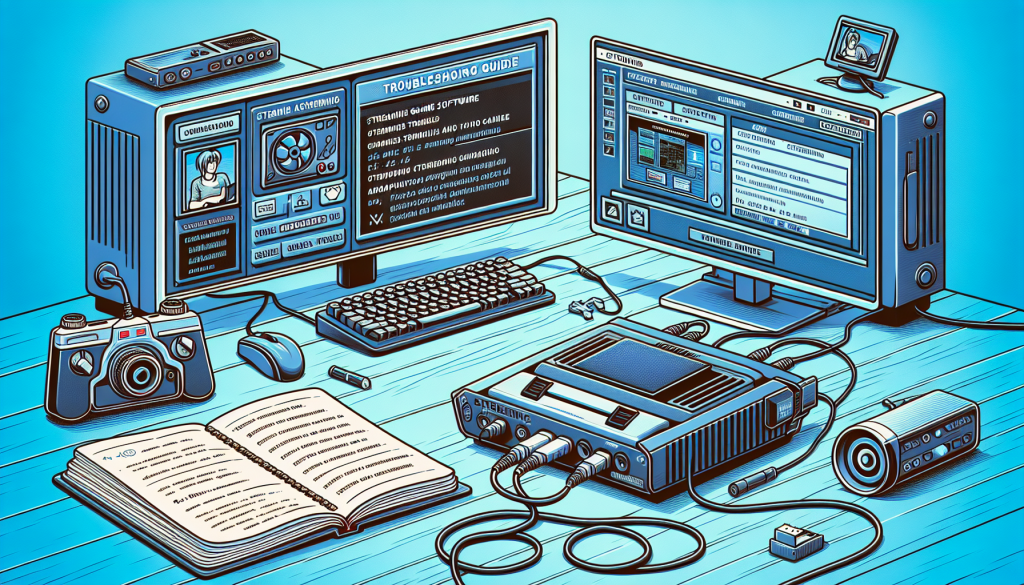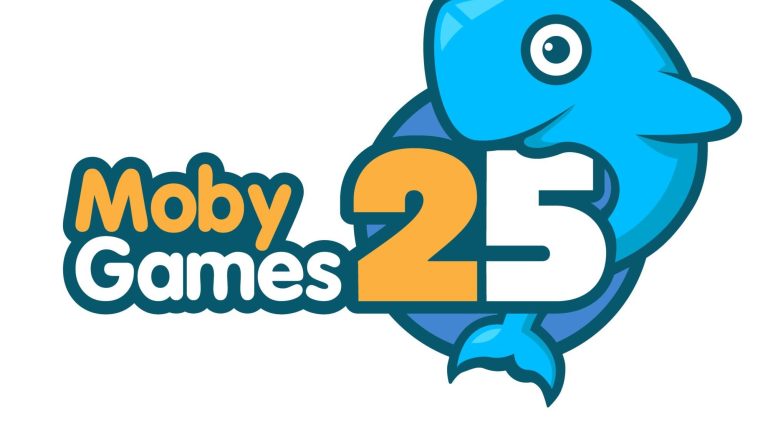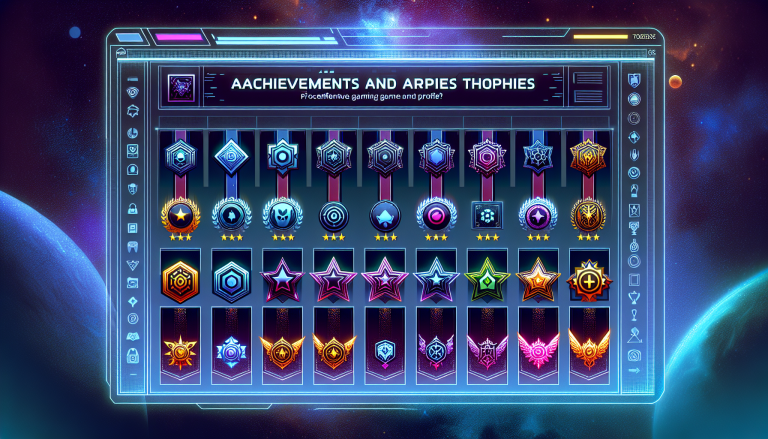The Influence of Gaming on Personal Relationships
Gaming has become a significant part of many people’s lives, providing entertainment, escape, and even a sense of community. However, have you ever stopped to consider how gaming might be affecting your personal relationships? Whether it’s playing multiplayer games with friends or spending hours immersed in a virtual world, gaming can have both positive and negative impacts on your connections with others.Gaming and the Development of Social Skills
One aspect of personal relationships that can be influenced by gaming is the development of social skills. While some may argue that spending time playing video games isolates individuals, it’s important to recognize that gaming can also provide opportunities for social interaction. Many games are designed to be played with others, whether it’s teaming up with friends to tackle a challenging mission or competing against others in an online multiplayer setting. These interactions can enhance social skills such as communication, teamwork, and problem-solving. For example, coordinating strategies with teammates in a game like “Fortnite” requires effective communication and collaboration. This can translate into real-life situations, fostering better communication and teamwork with friends and loved ones.Positive Effects of Gaming on Relationships
In addition to developing social skills, gaming can have positive effects on personal relationships. Playing games together can create shared experiences and strengthen bonds. Whether it’s engaging in friendly competition or embarking on epic adventures, gaming provides a platform for shared enjoyment and camaraderie. Furthermore, gaming can serve as a form of stress relief and relaxation, allowing individuals to unwind and recharge. Sharing these moments of leisure with friends or loved ones can deepen connections and provide opportunities for quality time together.Negative Effects of Gaming on Relationships
While gaming can have its benefits, it’s important to recognize that excessive gaming can also have negative effects on personal relationships. Spending excessive amounts of time gaming may lead to neglecting other aspects of life, including spending time with loved ones. It’s crucial to find a balance between gaming and maintaining healthy relationships. Additionally, gaming addiction can strain relationships, as it can lead to neglecting responsibilities, lack of communication, and overall disconnect from the real world. It’s important to be mindful of how much time and energy you invest in gaming and ensure that it doesn’t negatively impact your relationships. In conclusion, gaming can influence personal relationships in various ways, both positive and negative. It can enhance social skills and provide shared experiences, strengthening bonds with friends and loved ones. However, it’s essential to find a balance and avoid excessive gaming that may lead to neglecting relationships. By prioritizing communication, setting boundaries, and finding a healthy equilibrium, gaming can be enjoyed while maintaining strong personal connections.Gaming and the Development of Social Skills
Gaming is often seen as an activity that isolates individuals, but it can actually have a significant impact on the development of social skills. Many multiplayer games require players to interact and collaborate with others, fostering the development of important social abilities.
One of the primary ways that gaming can improve social skills is through communication. In multiplayer games, players are often required to communicate with their teammates in order to strategize and coordinate their actions. This can involve using voice chat or typing messages in real time, which can enhance verbal communication skills and the ability to work effectively as part of a team.
Additionally, gaming can also improve non-verbal communication skills. In games that involve cooperative play, players must learn to interpret the actions and movements of their teammates in order to coordinate their efforts. This can enhance skills such as reading body language and understanding non-verbal cues, which are important in face-to-face interactions as well.
Gaming can also foster the development of problem-solving and critical thinking skills, which are essential in social interactions. Many games present players with complex challenges that require them to think creatively and make decisions under pressure. By constantly engaging in these types of tasks, gamers can develop their ability to analyze situations, make informed choices, and solve problems efficiently. These skills are not only valuable in gaming but also in real-life scenarios, such as navigating conflicts or making important decisions in relationships.
Moreover, multiplayer games often provide opportunities for players to collaborate and work together towards a common goal. This can promote the development of teamwork and cooperation skills, as players learn to rely on and support each other. By learning how to contribute to a team effort and communicate effectively, gamers can apply these skills to their personal relationships as well, building stronger connections and fostering mutual understanding.
However, it is important to note that gaming should not be seen as a substitute for real-life social interactions. While gaming can provide a platform for practicing and honing social skills, it is crucial to balance this with face-to-face interactions and real-world experiences. Building strong relationships requires a combination of both virtual and physical connections.
In conclusion, gaming can have a positive impact on the development of social skills. Through communication, problem-solving, teamwork, and cooperation, gamers can improve their ability to interact with others effectively. However, it is essential to maintain a healthy balance between gaming and real-life social interactions to ensure the overall well-being and richness of personal relationships.
The Positive Effects of Gaming on Relationships
When it comes to gaming, we often hear about the negative effects it can have on personal relationships. However, it’s important to recognize that gaming can also have positive impacts on our relationships with others. In fact, gaming can provide unique opportunities for connection and bonding, as well as fostering important skills that can strengthen our relationships both online and offline.
1. Building Common Interests
One of the great benefits of gaming is that it can help build common interests between individuals. Whether it’s playing a cooperative game with friends or joining an online gaming community, sharing a love for gaming can create a strong sense of belonging and camaraderie. By engaging in these shared experiences, we can deepen our connections with others and strengthen our relationships.
2. Enhancing Communication Skills
Gaming often requires effective communication and teamwork in order to succeed. Whether it’s strategizing with teammates in a multiplayer game or coordinating actions with friends in a cooperative game, gaming can enhance our communication skills. This can translate into improved communication in our personal relationships as well. The ability to effectively communicate, listen, and work together towards a common goal can greatly benefit our relationships both online and offline.
3. Promoting Cooperation and Problem-Solving
Gaming frequently involves working together with others to overcome challenges and solve problems. This can foster a sense of cooperation and teamwork, which are essential skills in any relationship. By facing obstacles together and finding solutions as a team, gaming can help us develop valuable problem-solving skills that can be applied to various aspects of our lives. The shared experience of overcoming challenges in a game can also create a sense of accomplishment and strengthen our bonds with others.
4. Encouraging Healthy Competition
While gaming can be competitive, it can also encourage healthy competition among friends and loved ones. Friendly competition can add excitement and fun to our relationships, as long as it’s approached in a positive and respectful manner. Engaging in friendly gaming competitions can create memorable experiences and strengthen the bond between individuals. It’s important to remember that the goal is to have fun and enjoy each other’s company, rather than focusing solely on winning.
5. Providing a Platform for Long-Distance Relationships
Gaming can be a valuable platform for maintaining relationships with friends or loved ones who live far away. Through online multiplayer games, we can connect and interact with others across distances, providing a means to stay connected and engaged with our loved ones. This can help bridge the physical gap and strengthen our relationships, even when we can’t be together in person.
In conclusion, gaming can have numerous positive effects on our personal relationships. From building common interests and enhancing communication skills to promoting cooperation and problem-solving, gaming offers unique opportunities for connection and growth. By embracing the positive aspects of gaming, we can strengthen our relationships and create lasting memories with our friends and loved ones.












